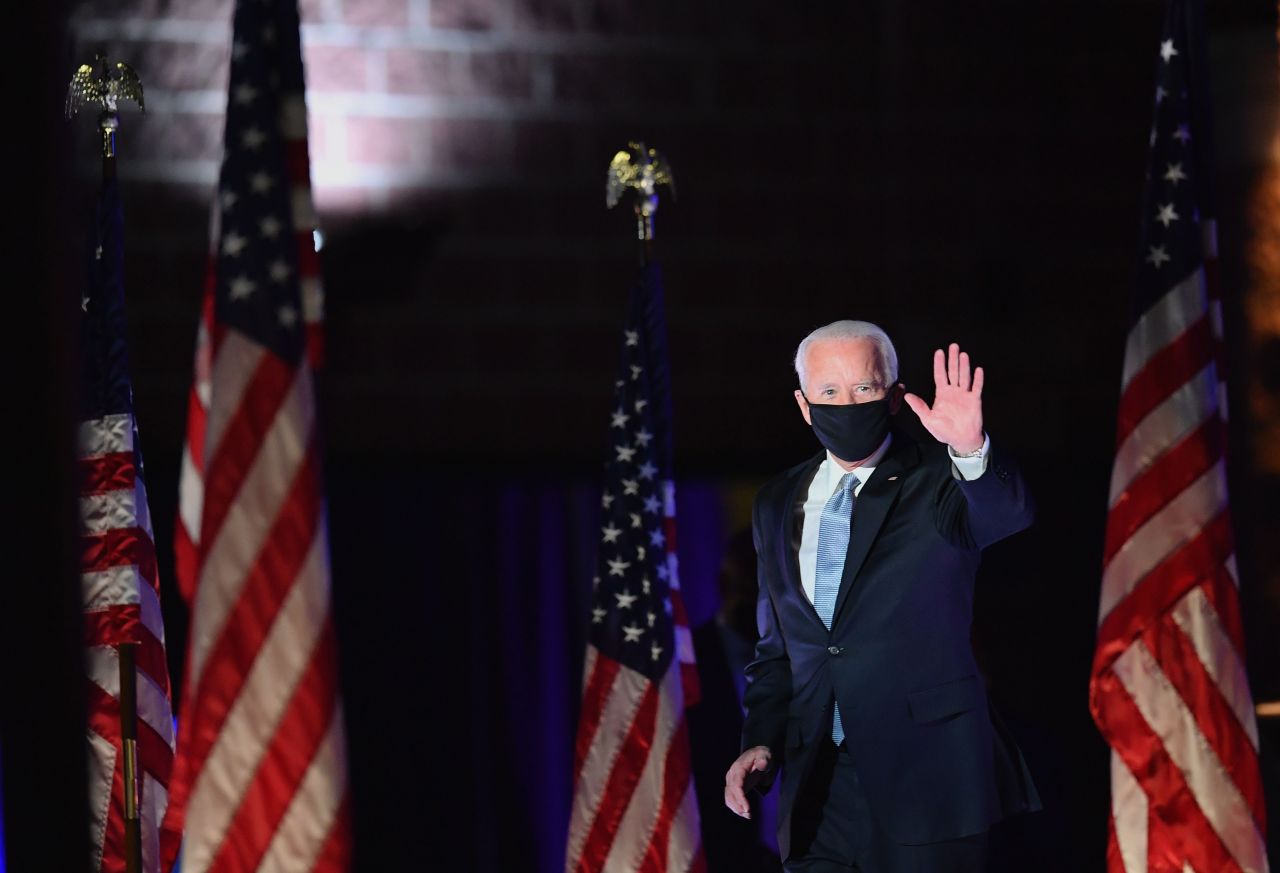US President-elect Joe Biden’s multilateral approach to trade could work in export-reliant South Korea’s favor. But the next administration’s eco-friendly policies and a new approach to dealing with China could weigh on Asia’s fourth-largest economy, according to local sources Sunday.
The Bank of Korea said global trade sentiment is expected to recover when President-elect Biden moves to woo US allies battered by Donald Trump’s trade sanctions and work with them to reform the troubled World Trade Organization in attempts to contain China.
Local industry sources also expressed hopes that a more multilateral approach on the part of the US would ease trade tensions and help resolve existing trade disputes down the road.
As of the first quarter this year, the US was the nation that imposed tariffs on the greatest number of Korean products -- 43, eight more than a year earlier. This year alone, the US government has slapped tariffs on three more products.
Previously, in 2018, the Trump administration imposed a 50 percent safeguard tariff on washing machines imported from Korea. Recently it has discussed the possibility of adding a 25 percent tariff on automobile products from Korea.
The president-elect’s potentially large stimulus package and new investment plans -- including plans for renewable energy -- could also increase Korean firms’ exports, according to local financial experts.
According to a report from the Hyundai Research Institute, when the US economy’s growth rate goes up by 1 percentage point, Korea’s exports tend to increase by 2.1 percentage points and its GDP growth rate increases by 0.4 percentage point.
But Korean firms could confront new challenges under Biden’s presidency, as he may ask Seoul to step up as an ally in the Sino-American dispute and take more aggressive measures against China.
“President-elect Biden is expected to leverage cooperation with allies to put pressure on China, and he could ask for South Korea’s strengthened hand in the process,” said Jeong Hyeok, a Seoul National University professor and consultant to the Korea Chamber of Commerce and Industry.
Jeong also warned export firms -- particularly those that rely heavily on China -- that damage could follow if trade tension between Korea and China escalates as a result.
Korea’s exports to China account for around 25 percent of all its exports. Korea’s gross domestic product in the third quarter grew by 1.9 percent, largely owing to China’s increased imports, according to data compiled by the BOK.
Biden’s strong eco-friendly plans could also burden Korean exporters. Biden has proposed a carbon adjustment fee or quota on imports that do not meet US environmental standards.
According to the existing carbon adjustment rules, companies that make products with high carbon footprints would have to pay a higher levy when exporting their goods.
These new trade restrictions -- though they are designed to hit Chinese firms the hardest -- would still have a significant impact on Korean exporters, which until now have been subject to less strict climate policies here, the central bank said.
In terms of its response to climate change, Korea was ranked 58th out of 61 countries, according to the Climate Change Performance Index’s report earlier this year.
Upon Biden’s election win, the Ministry of Economy and Finance announced Sunday that the government would organize a task force to forge countermeasures to the new economic policies it anticipates during Biden’s presidency.
The ministry added that the government would hold a series of ministerial talks to review the current trade policies and discuss potential changes.
Meanwhile, local economic organizations have released statements congratulating Biden on his victory. The KCCI, the nation’s largest and oldest private economic organization, said, “(The KCCI) welcomes Biden’s victory. We hope that Biden and his new administration will show leadership in the midst of a worldwide public health crisis and the economic fallout that has followed.”
The Korea Enterprises Federation and the Federation of Korean Industries also released statements in which they stressed a strengthened Korea-US alliance, as well as the importance of Biden’s future role in fighting the global COVID-19 pandemic and the economic crisis.
By Shim Woo-hyun (
ws@heraldcorp.com)








